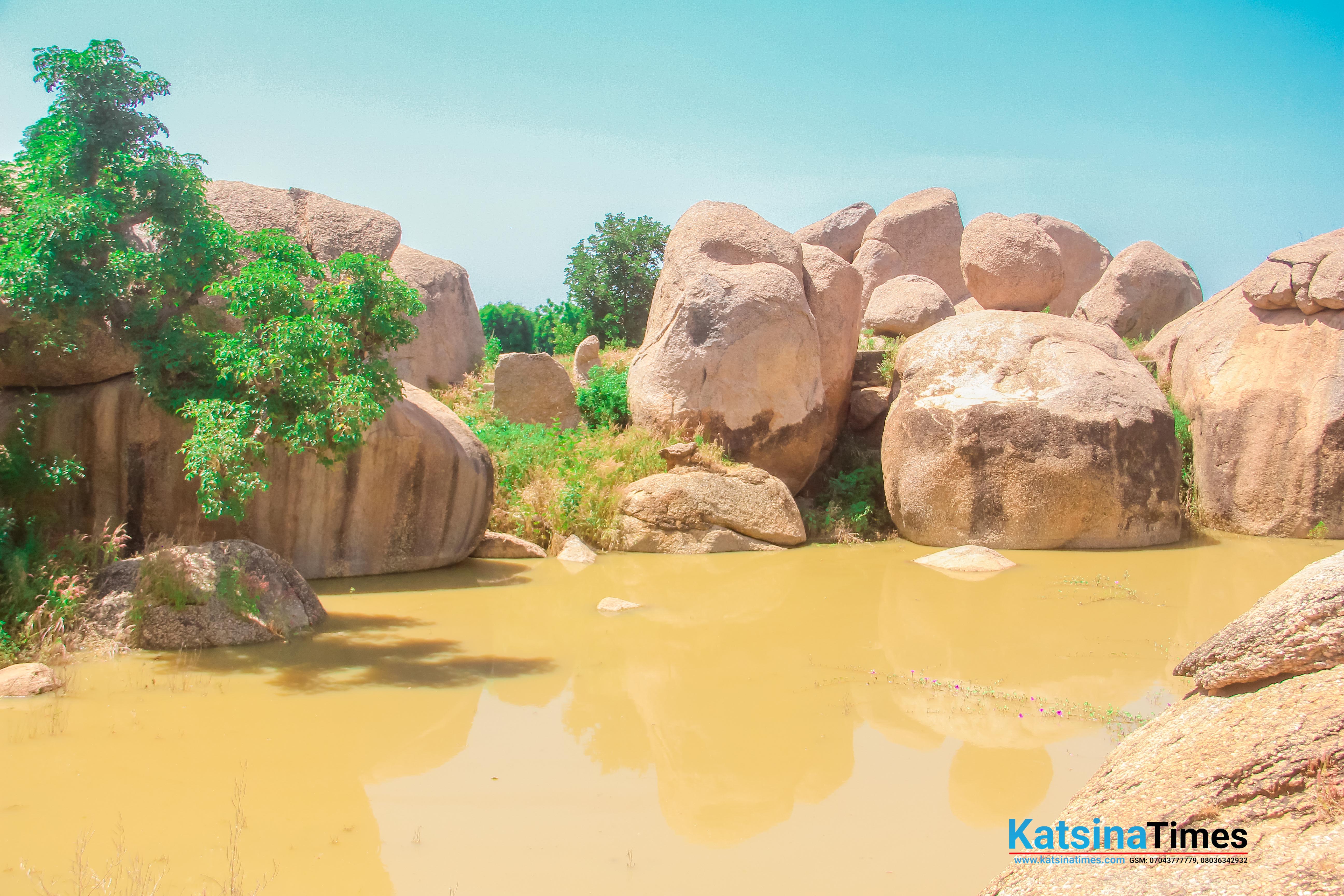Brief History of Tsauri Town

By Alhaji Mudi A Kurfi
Research has shown that the people of Tsauri Village originated from the people of Mali under the leadership of Mohammed Muhammadu. Malam Muhammadu an Islamic cleric was the one who came
Kwami village now in Batagara to Batagarawa Local Government, preaching Islamic teachings in those
days.
During the time Malam Muhammadu Was working under the authority, he lived in many places in many
Katsina province. During that time he established many Islamiyya schools for the teaching of the religion of Islam. He had also succeeded in interpreting the Holy Qur'an in Hausa language. It was due to this great effort as he had also shown great skill in reciting the Holy Qur'an from memory which earned him the nickname “BAKADUWA".
It was later when he settled that, Bakaduwa narried the daughter of the Emir of Katsina (Habe) Muhammadu GazO named Fatima who gave birth to a son named Muhammadu Na Alhaji. Bakaduwa died on his way to pilgrimage and he was survived by his wife and his son in Katsina. Afterwards Na Alhaji was sent 10 Islamic school in Sokoto where he had the opportunity to learn under the erudite cleric Shehu Usman Danfodio and due to his brilliance and his closeness to the Shehu, he was given the flag with two other clerics and they were commanded to conduct Jihad wars for the spreading of Islam in their respective areas. The two clerics were Umaru Dallaie who led Muslim army which waged war against the northern ar d central Katsina, while Umaru Dunyawa who led the Jihad in northwestern Katsina.
When Na Alhaji died, his son Hassan who later became the Yandaka, left the north-east of Katsina to
settle in a place now known as Tsauri. The people living in Tsauri were originally living in Katsina before
they migrated to this place on the command of the Sultan of Sokoto. They came to this place which was
an empty land before in which there were no people because of the intermittent wars going on among the Hausa people. When the Jihad wars to reform the religion of Islam started under the leadership of
Yandaka Hassan, the people migrated from Katsina to Tsauri vwhere he became the chief of that area and one of the pioneers of Yandaka dynasty in that place. It was later his grandson (of Hassan) called Muhammdu Sada left Tsauri to settle in a place now called Dutsin-ma.
On the strength of these explanations, it can be inferred that the father of Na-Alhaji, Muhammadu
Muhammadu started visits to Katsina province in 1760. That is how far we know from the history of Tsauri, we have been told that Na-Alhaji was one of the Jihadists who received the flag from Shehu Danfodio between the years 1806 to 1809 for Islamic reformation. It is possible to say that Na-Alhaji appointed himself the Chief of Kwami before he began the Jihad war in that area. And also Yandaka Hassan after ascending to the throne as a result of his father's death, decided to move with his people due to constant wars, to Tsauri, possibly at the beginning of the 19" century. It can be said that Tsauri area originated from the Hausa words Sauki da sake meaning Hausa “Relief and freedom" which he Yandaka Hassan sought for his people who were tired of frequent wars and wanted, run away from them to Tsauri in order to find solace However:, with regard to another story, it Was shown that although Tsauri town was a walled place I was said that during that time a warrior by name Dan- Baskore who was thought to have come fron Maradi arrived and climbed the rock with the intention of launching an attack on the town of Tsauri. A local warrior emerged from the town, and was an expert in
magic, shot an arrow which landed on the rock called "Dutsen Yan-Mata" making a peculiar sound which
frightened Dan Baskore to make him realize that the people of Tsauri were more powerful than him Dan-Baskore). Those who are making such claim are of the opinion that the name Tsauri" which means "tough, originated from this episode which showed to the warrior Dan Baskore that the people of this had proved to be stubborn as he failed to conquer them.
This article was culled from a book titled "THE HISTORY OF KURFI LOCAL GOVERNMENT AREA AND THE LIFE OF ITS PEOPLE: YESTERDAY AND TODAY" published in 2017.

